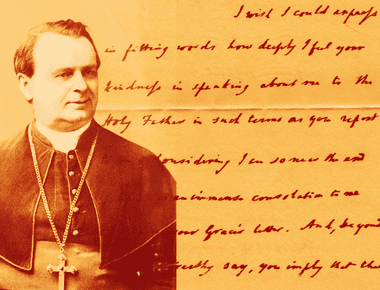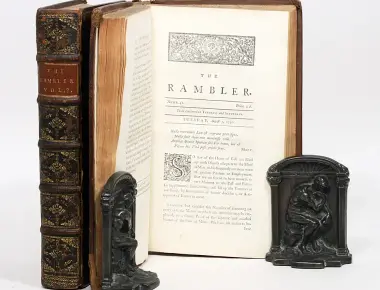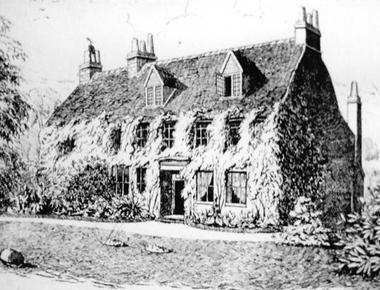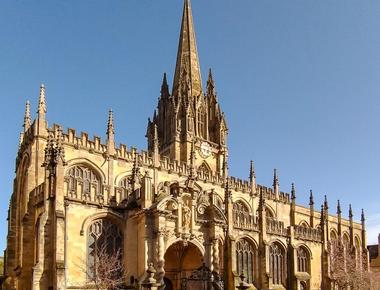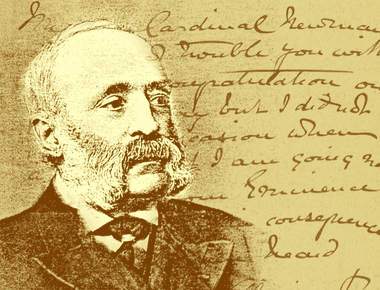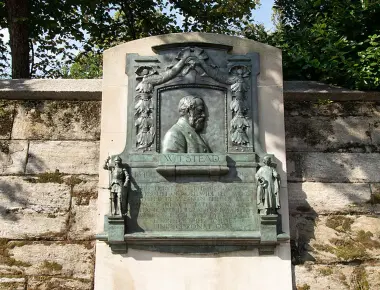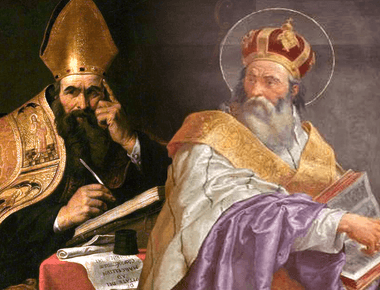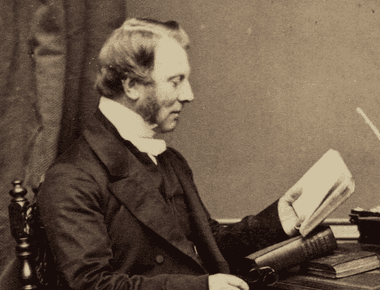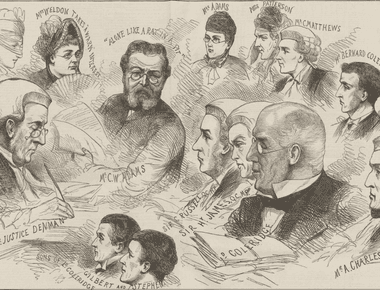
There are two letters from Charles Warren Adams included in the NINS Digital Collections, the first is dated 1862 and is addressed to Bishop Grant of Southwark. Adams (1833–1903) was a London journalist, who was an author in his spare time. Under the pseudonym Charles Felix, Adams wrote the detective novel The Notting Hill Mystery (1865), which is widely acknowledged as one of the earliest examples of detective fiction.



